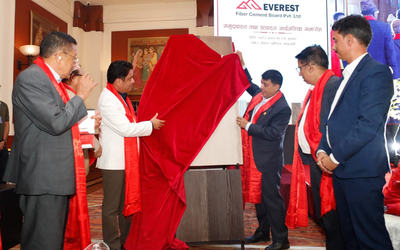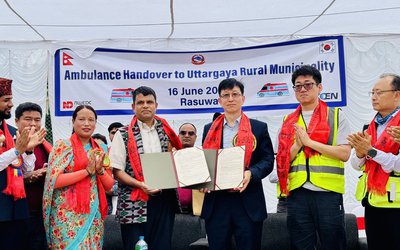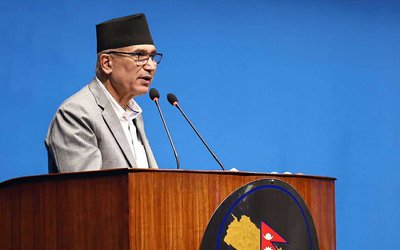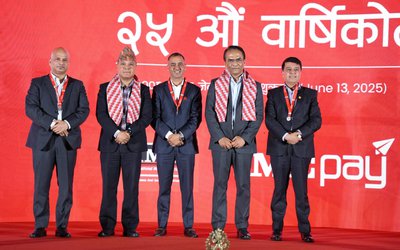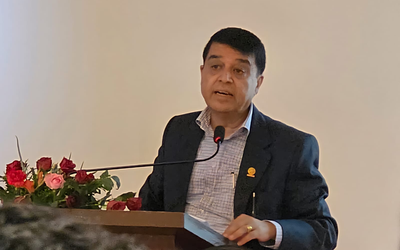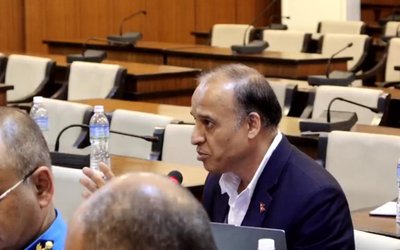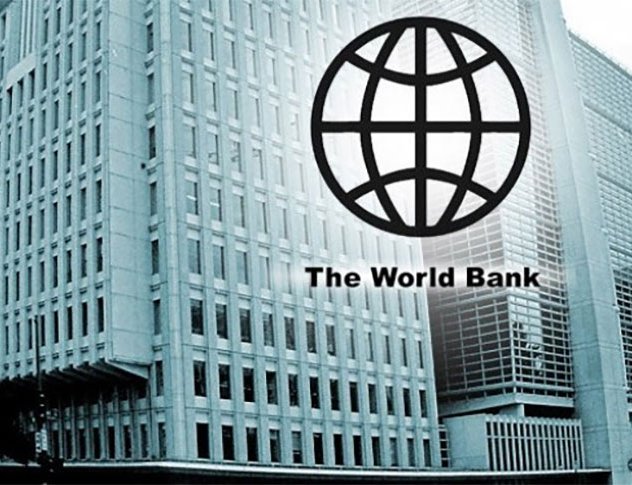
The World Bank’s Board of Executive Directors discussed the new 7-year Country Partnership Framework (CPF) for Nepal on May 29, 2025. The CPF focuses on the fundamentals of job creation and building resilience to natural disasters, including those linked to climate change.
“Creating jobs is not just at the heart of our mission, it is also the lifeline that can drive Nepal’s sustainable and resilient growth,” said David Sislen, World Bank Country Division Director for Maldives, Nepal, and Sri Lanka. “The CPF builds on more than 60 years of partnership between the World Bank Group and Nepal and will leverage development partner collaboration and private sector solutions to drive growth, job creation, and investments.”
Under the CPF, the World Bank Group aims to make available about $2.7 billion to achieve the CPF’s outcomes of helping create more and better jobs, strengthening connectivity and access to services, and enhancing resilience to natural disasters and climate risks.
In the immediate term, the World Bank Group will prioritize policy reform for growth, tourism, digital connectivity, and integrated urban development as engines of growth and job creation.
This will include creating a more investment-friendly environment with reforms that enable private sector-driven growth and investment; enhancing digital connectivity and access to digital government services for better productivity, governance, and service delivery; and improving the competitiveness and services of urban centers like the Kathmandu Valley and secondary cities to unlock their potential as tourist and investment destinations.
“We support Nepal in creating more and better jobs, bolstering disaster preparedness, and contributing to a sustainable future by mobilizing domestic and international private capital, promoting public-private partnerships, and enhancing institutional capacity,” said Imad N. Fakhoury, Regional Director for South Asia at IFC. "The World Bank Group’s Country Partnership Framework will guide our efforts in advancing reforms that will unlock private sector investment and strengthen the business environment to make a meaningful difference in the lives of the people of Nepal."
As a cross-cutting priority, the World Bank Group will help strengthen the accountability and effectiveness of public sector institutions to improve the public sector’s capacity to deliver results for Nepal and its people.
“MIGA is committed to supporting Nepal’s development goals by providing political risk insurance and leveraging other guarantee instruments through the World Bank Group Guarantee Platform,” said Şebnem Erol Madan, Director for Economics and Sustainability of MIGA. “By mitigating investment risks, MIGA aims to attract private sector investments that are crucial for creating jobs and strengthening economic resilience. Through our partnership with the World Bank and IFC under the new Country Partnership Framework, we aim to support Nepal to harness its assets and build a more sustainable and prosperous future.”
The CPF is informed by a comprehensive analytical and evaluation program, broad-based consultations with stakeholders across all seven provinces, and the Government of Nepal’s 16th Plan, which lays out its national development priorities.
- Gandaki, Lumbini and Karnali to receive above-average rainfall this year: DG Kamal Raj Joshi
- Jun 26, 2025
- Tik Talker Rama Basnet released on bail of Rs 30,000
- Jun 26, 2025
- Former PM Nepal finally released from the special court after paying a bail of Rs 3.5 million
- Jun 26, 2025
- Weather Forecast: Partly To Generally Cloudy With Windstorm In Few Places Of Terai Region of Koshi And Madhesh
- Jun 26, 2025
- IME Group Launched Nepal’s First Fiber Cement Board Industry with Its Investment
- Jun 25, 2025
